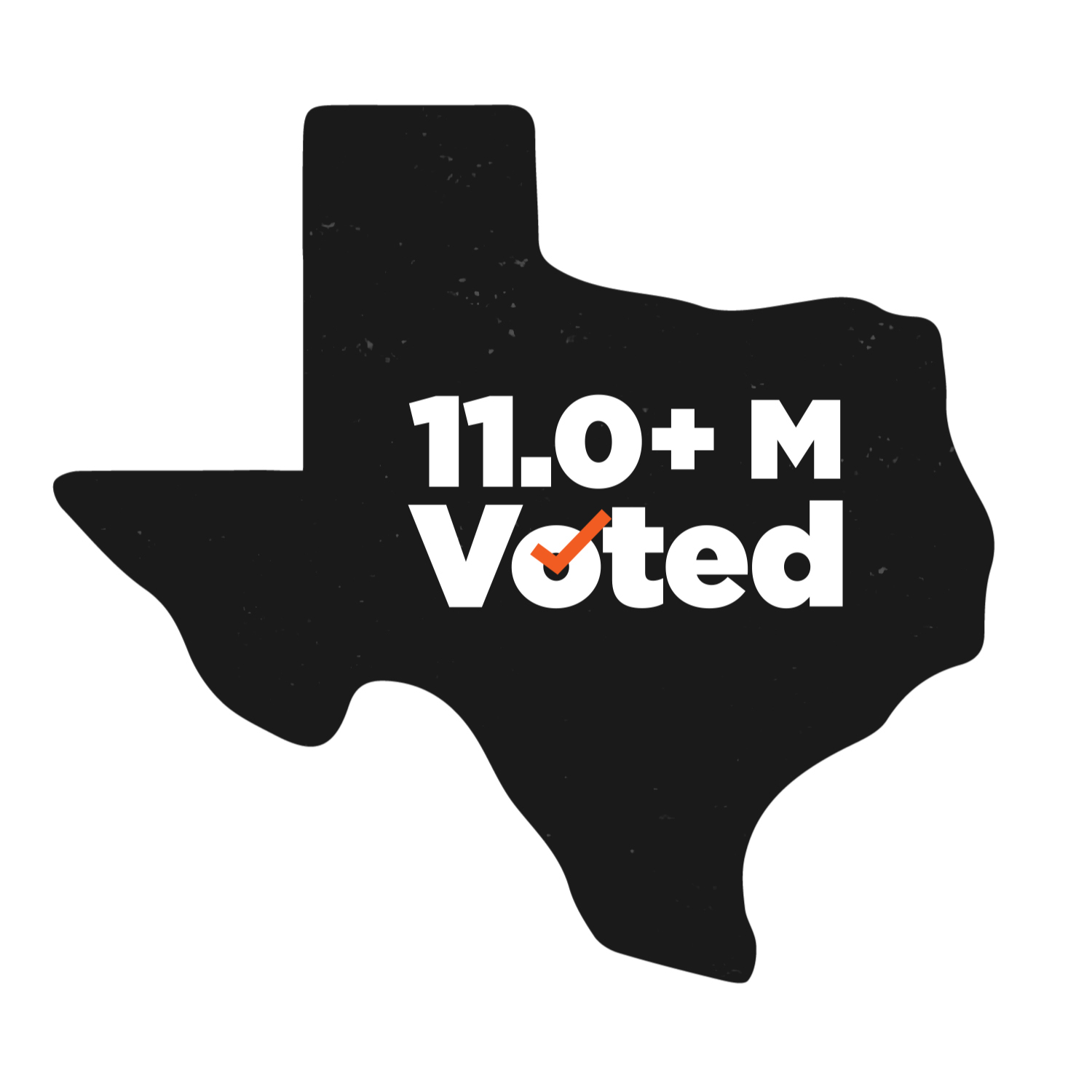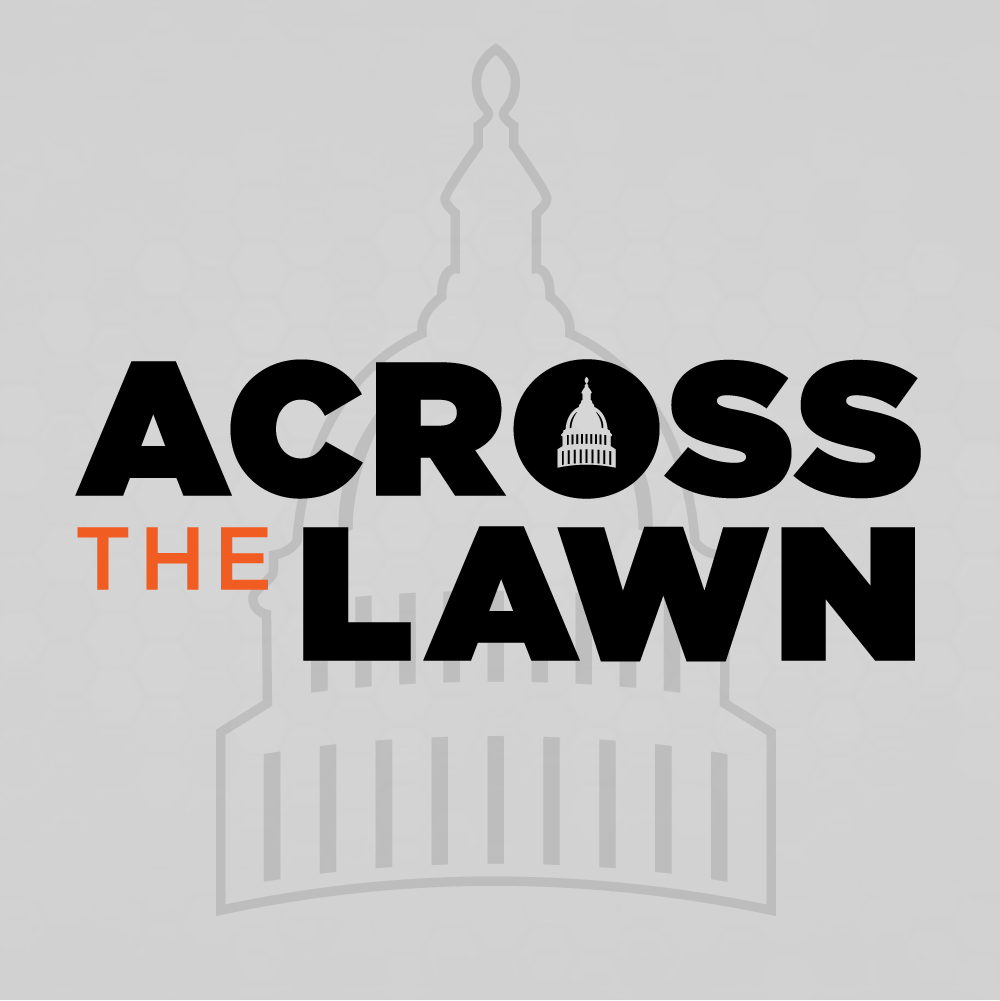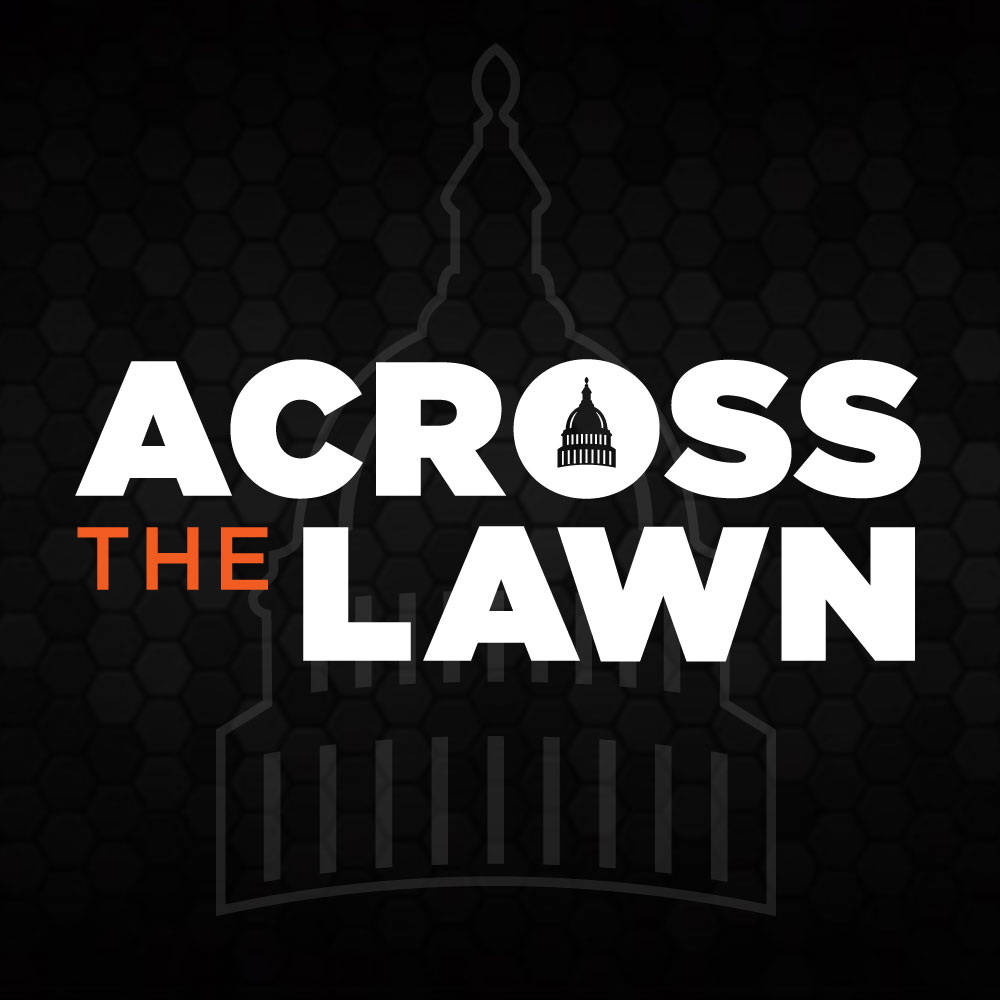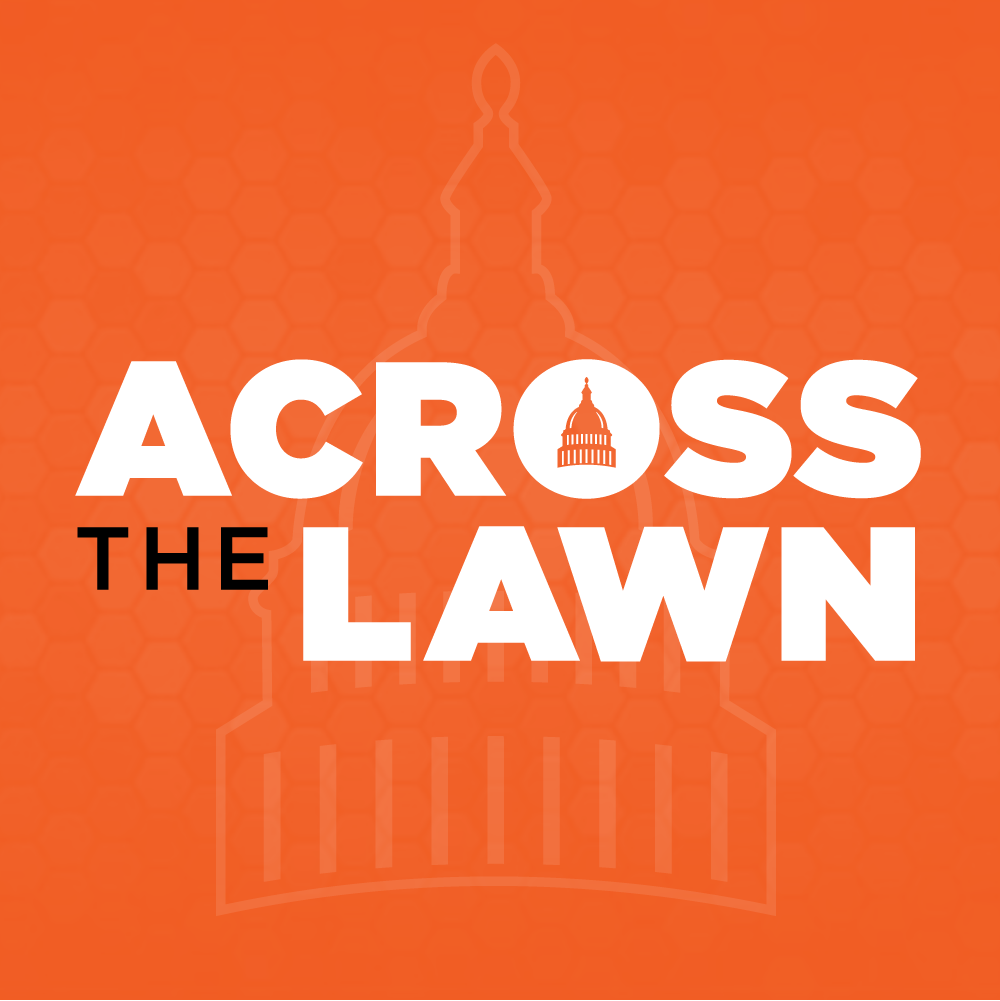
categories
The 2020 Election Season is Finally Over — the Real Work Starts Now

November 12, 2020
Higher political engagement across Texas could bring changes during the next legislative session, but one thing remains intact: Strong support for public education.
By Dr. Michelle Smith
Vice President of Policy and Advocacy
Raise Your Hand Texas Something incredible happened in Texas this fall.
An unprecedented number of Texans made their voices heard and were counted this November, driving the highest voter turnout in Texas since 1992. Texas went from being a non-voting state to receiving nationwide recognition for voter engagement this election cycle.For Texas public education, this movement actually began in 2018 when Texans showed up to let their elected officials know that public education is a priority. Legislators wisely responded with historic, bipartisan legislation in the form of House Bill 3, adding over $6 billion to our public schools.
Now we have a tremendous opportunity to build on the bipartisanship from the 2019 Texas Legislative Session. Reaching across the aisle and passing legislation to strengthen our state and our public schools isn’t a Republican or Democrat pursuit, it’s the quintessential Texas can-do spirit at work.
While electorally, we are a state and nation deeply divided, it’s clear now, more than ever before, we must work together to tackle the very challenging budget and policy priorities that Texas will face when lawmakers convene in Austin this January.
During the interim, the Raise Your Hand Texas Foundation held over 60 in-person and virtual candidate forums where new and seasoned candidates alike declared their support for public schools, their reticence to cut public education next session, their dislike of our current standardized tests, and their concerns regarding the rapid expansion of charter schools.
With this election season behind us, now it’s time to get to work.
It won’t be easy. The 2021 legislative session will be like no other. Cuts to the budget will be debated while the inequities and vast needs of our state have been laid bare amidst the ongoing pandemic. We hope our Texas leaders understand what Texas voters and public education advocates know so well.
Texas public school students can’t afford cuts. Despite the influx of money last session, we are still in the bottom 10 states in per-student funding. School districts are struggling to meet technology and safety needs of students while continuing to pay teachers who are working overtime, using multiple approaches to reach, engage, and support our kids.
A common phrase used during any budget-cutting session is that everyone will have to feel some pain. Yet we also know that Texas 8th graders’ NAEP reading scores have been declining ever since the cuts of 2011. Texas students can’t afford to feel any more pain.
Education privatization is not the answer. Supporters of vouchers — whether traditional vouchers, taxpayer-savings grants, education savings accounts, or microgrants — and those who support the rampant expansion of charter schools, are attempting to capitalize on the current pandemic to foment a false distrust in Texas public schools.
What privatizers have forgotten is that Texas public schools are the heartbeat of Texas communities. While privatizers seek to make a buck off of our kids, educators are working overtime to protect and educate students and to overcome the immense challenges presented by this pandemic.
There is much work to be done. Texas voters made their voices heard. Now it’s time to transition from voters to engaged citizens who communicate directly with our elected officials to ensure our legislators do the right thing for 5.4 million Texas students.
It’s time to get to work on building a better future for our state. And that future starts with supporting our public schools.



